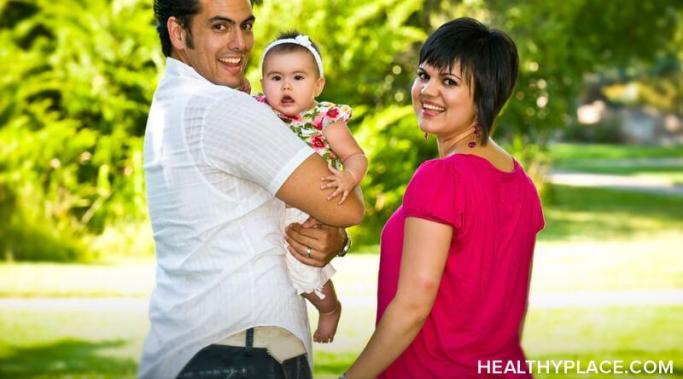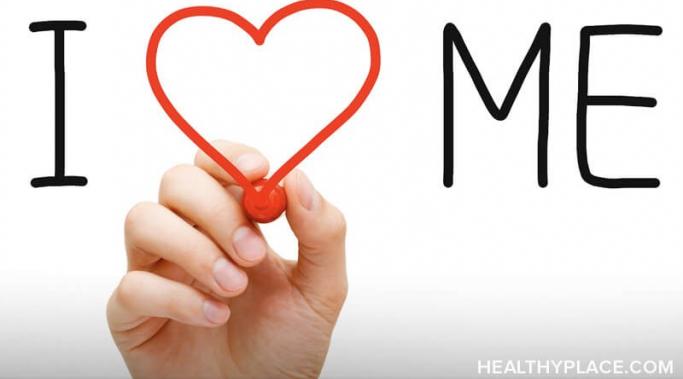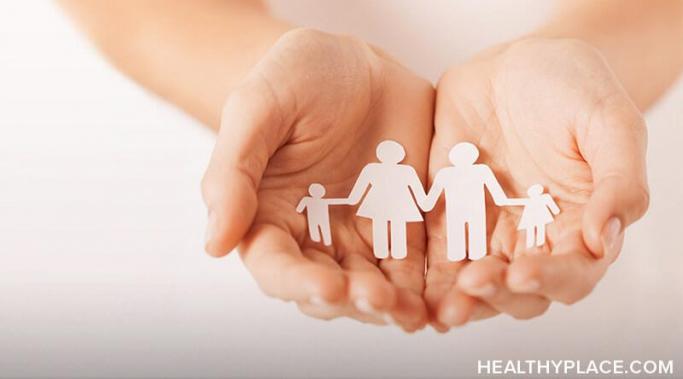Blogs
In 2016, my life changed forever when I became a mom for the first time, but my mental illness has made my new role as a parent sometimes challenging. I was diagnosed with schizoaffective disorder 10 years before giving birth to our daughter, and I have been doing really well with medication for the last several years. Being a mom with a mental illness comes with additional parenting concerns specific to mental illness.
Maintaining mental health over the holidays can be a real challenge for teens and young adults with mental illness. With 64% of mentally ill people finding holidays stressful, according to a study by the National Alliance on Mental Illness (NAMI), it is important to find ways to stay healthy during the holidays. So read on for holiday mental health tips.
I have bipolar disorder and I live with rules I make rather than living out any actual desires. This is because I have little-to-no motivation or desires thanks to bipolar depression. Nothing wants me to get out of bed. Nothing wants me to work. Nothing wants me to do anything. But I do those things and a whole lot more because of the rules-based living I do with bipolar disorder.
Do you know how to talk back to your negative self-talk? Knowing how to identify negative self-talk first is important because what you tell yourself becomes your reality. When your core beliefs are self-critical, doubtful and make you feel inadequate, your self-esteem suffers tremendously. The good news is if you are willing, you can talk back to negative self-talk and transform it dramatically with just a little effort.
How can using mindfulness for depression help you recover? Well, mindfulness is about living in the now by taking notice of what’s around us and the feelings that are inside of us. It’s about being fully present and removing the extra layer of thought that we normally attach to people, things, and events. Using mindfulness for depression changed my life because my depressed brain was anything but peaceful.
Put your anxiety relief into your own hands with do-it-yourself (DIY) mindfulness tools. Make some objects to add to your growing toolbox of strategies to lower your anxiety. An anxiety toolbox refers to techniques you use to reduce anxiety, both in the immediate moment and long term. Some tools are actual objects, such as a jar of bubbles to foster slow, deep breathing. Other comfort objects reduce anxiety as well. Here are three mindfulness tools you can make for DIY anxiety relief.
Sexism contributes to the prevalence of eating disorders in women, but on the flip side, approaching eating disorders from a feminist outlook can be an important tool for recovery. Our social constructs view gender through a binary lens in which men are the objectifiers and women are the objectified, causing female bodies to be sexualized. This idea makes women feel pressured to meet the conventional standards of beauty, often resorting to extreme behaviors if their physical features are outside the “norm.” But dismantling these restrictive and harmful stereotypes could promote more body acceptance in our culture. Because sexism and eating disorders are connected, a feminist perspective can help to reverse this issue.
The excessive labeling of our bipolar emotions, emotions related to bipolar disorder, can take away the joy of living. Here's what I mean by that.
I have learned that helping a spouse with schizoaffective disorder is not trivial. I have been married for almost eight years now to a woman named Hannah, we have a beautiful four-year-old daughter and I always thought that our life was perfect. However, two years ago, Hanna was diagnosed with anxiety and schizoaffective disorder, and everything changed. It is really hard to live with a person, who is dealing with such problems and I see how they affect our daily lives and our daughter. We no longer have that spark, tenderness and trust. Very often, we simply don’t have topics to discuss as my spouse with schizoaffective disorder can remain silent for days or disappear for hours.
Depersonalization is one of the potential dissociative symptoms experienced by a person with posttraumatic stress disorder (PTSD). Individuals frequently describe depersonalization as repeated instances of feeling a disconnect between one's thoughts and physical self. Some also describe it as watching the world through a dreamlike state or watching events from outside one's body. It is one of the most challenging to define sensations I have ever experienced. Following are some examples of depersonalization symptoms in PTSD and how I experienced them.










I believe she will only be able to rid herself of her demons, and hopefully her BPD as well, when she's ready to confront the abuse of her father. If she can put the blame where it belongs, she may stop projecting that victim/perpetrator cycle on the present men in her life. These demons are a metaphor for the purgatory she has created for herself. That reality has consequences in the real world, but it need not be real in the tangible sense. Exorcising her demons will require the expenditure of real physical energy and probably the destruction of aspects of her personality. If this ever happens, and it's possible but not probable, then these demons will evaporate. They are only as real as one's personality is real. In short, reality is not the question, it's what you make of the things you feel to be real.